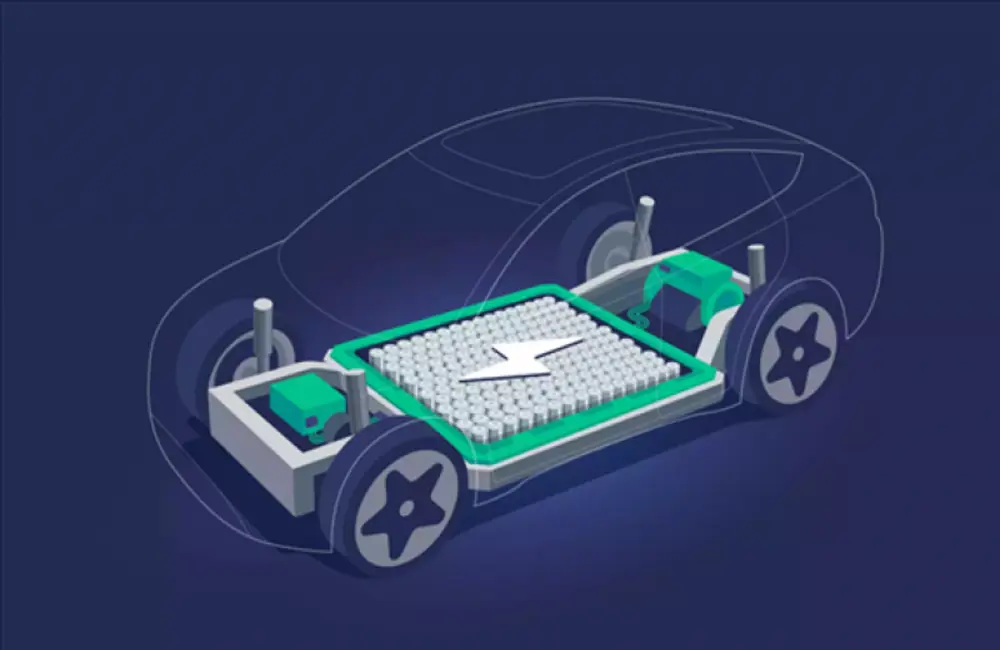UK energy storage company British volt has announced Jan. 24 that it has entered into two- year agreement with UK Battery Industrialisation Centre, or UKBIC, the UK battery manufacturing development facility, to jointly develop and manufacture next generation nickel-rich battery cells for electric vehicles.
In addition to already working in a lab in this area, the battery maker is also developing high energy and high nickel lithium-ion battery cells that would enable EVs to reach improved performance and range, and expects to team with UKBIC under the multi-million pound arrangement to eventually achieve mass production and commercialization.
“UKBIC was vital to BV’s accelerated route to market and. The UK Government have delivered a platform and environment that can get high quality development cells delivered in timescales all but impossible in other territories,” added Graham Hoare, president global operations at British Volt.
(John Dawson) He also said Britishvolt intends to collaborate closely with customers earlier in the process to provide flexibility as well as features catered to their particular application demands.
British Volts tailormade battery cells, specifically developed to meet customer needs, could be successfully scaled up through the partnership, Britishvolt Chief Technology Officer Allan Paterson said.
At the end of 2021, Britishvolt manufactured and tested its first production intent high technical maturity development lithium-ion cells in the U.K. at UKBIC, which the battery maker said exceeded expectations.
An increase in nickel composition of a battery cell's cathode directly translates to more energy density of an EV, which directly translates to a longer overall driving range. Meanwhile, the configuration of these batteries has moved from a three-part nickel, manganese and cobalt (NMC 3-3-3) to an eight-part nickel, one part manganese and cobalt (NMC 8-1-1).
The UKBIC managing director, Jeff Pratt, said: “The manufacture of low carbon battery cells are key for a successful energy transition to Net Zero. “We’re here to back UK businesses as they scale up and up skill their workforces, and we’re happy to support British Volt on their journey.”
UKBIC, funded by the UK government, is designed to help the UK auto industry commercialize new battery technologies.
On Jan. 21, Britishvolt announced it had secured funding from the UK government, plus GBP1.7 billion ($2.3 billion) from private investors Tritax and abrdn to build its gigafactory in Blyth, Northumberland.
The battery producer is establishing a 30 GWh gigafactory near to the site, to manufacture more battery cells each year than required for over 300,000 electric vehicle battery packs, or around 25% of current UK vehicle production.






















